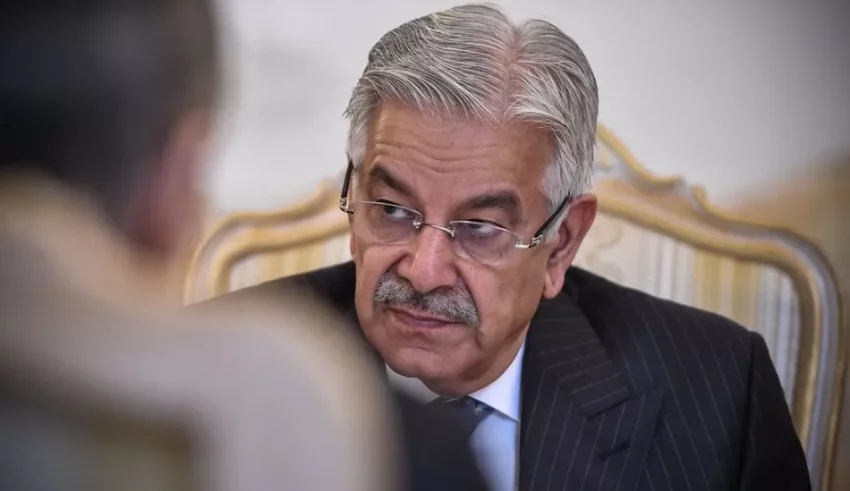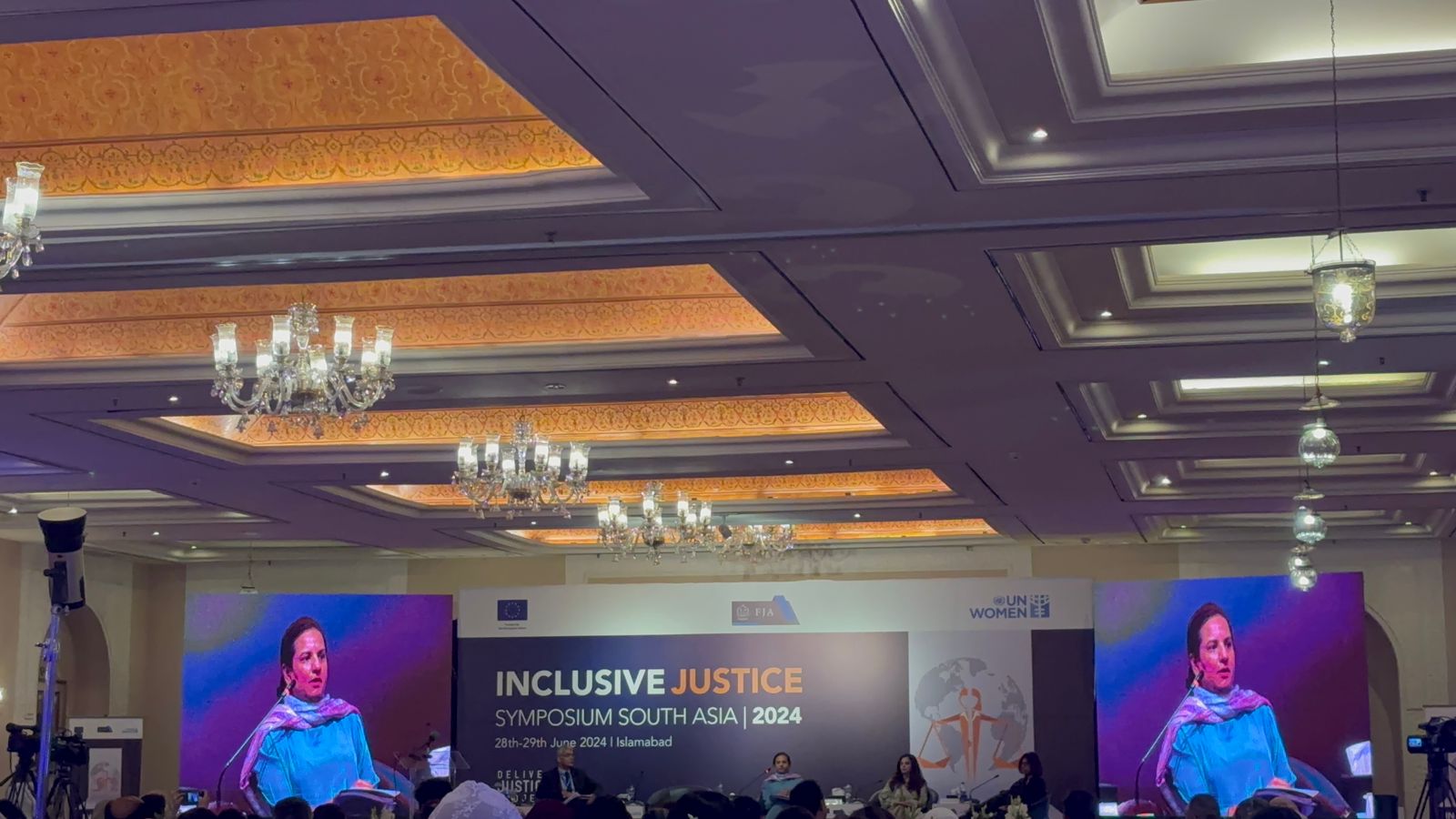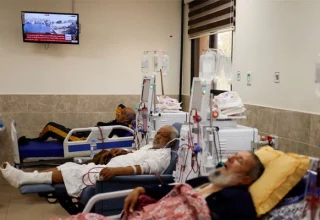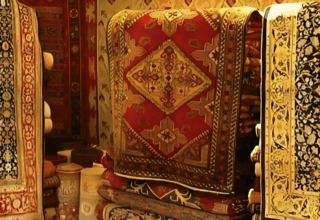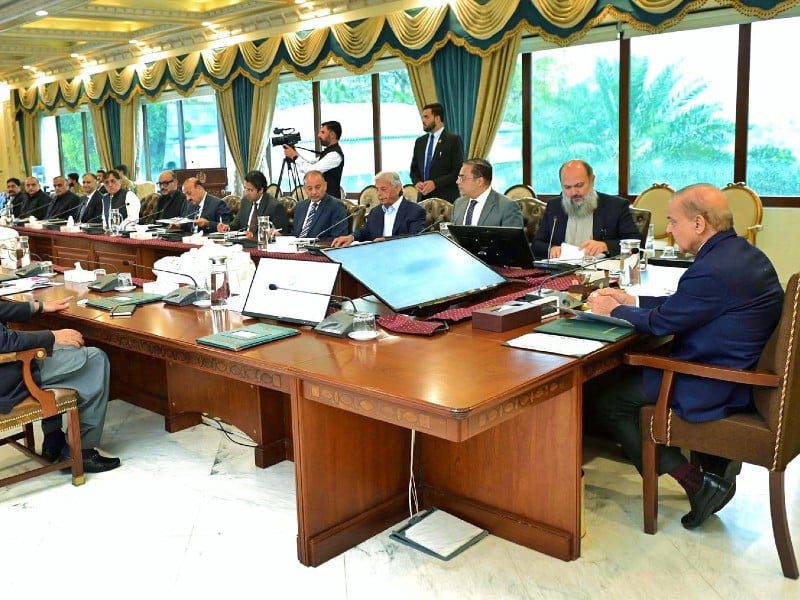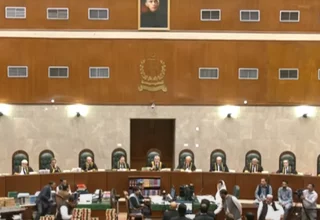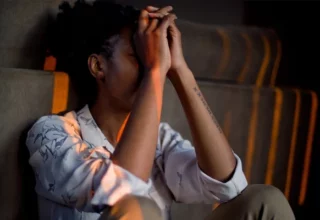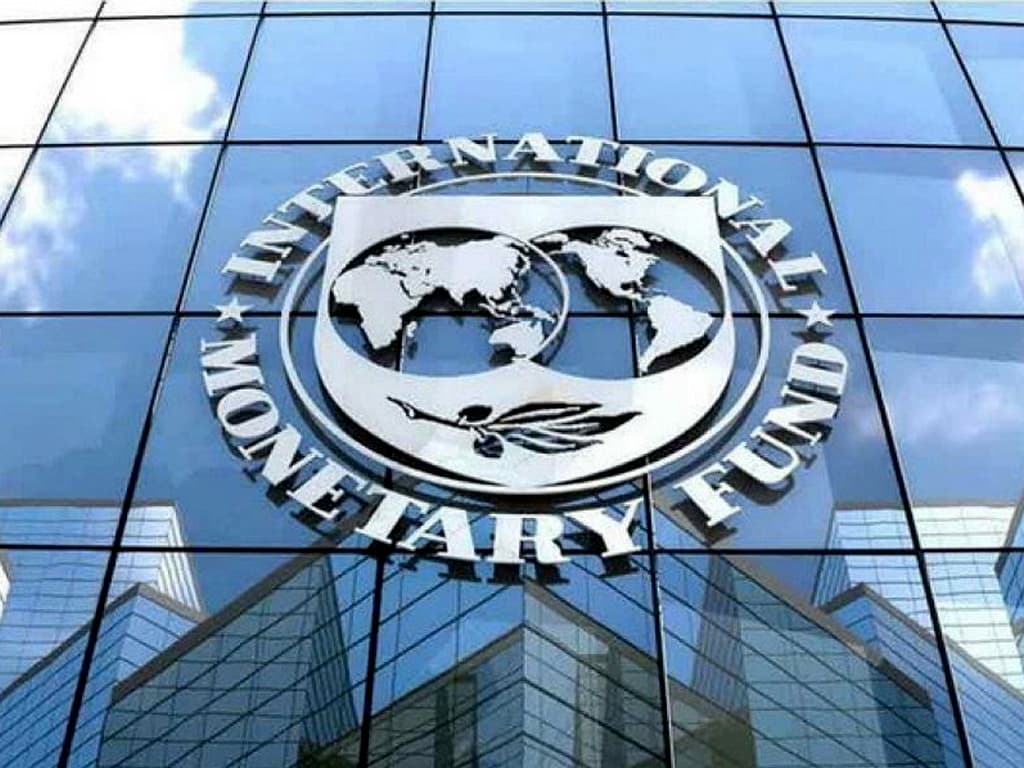When Pakistan’s Defence Minister Khawaja Asif stood up in parliament last week and labelled female opposition leaders in the Pakistan Tehreek-e-Insaaf (PTI) party as “trash and leftovers” of its chairman Imran Khan, he probably wasn’t expecting the strength of the backlash that was to follow.
After all, Pakistani writers, cricketers, celebrities and judges have all made similarly sexist remarks. As Sharmila Faruqi, a member of the provincial assembly, told local media: “Men have a licence to get away with sexism.”
It was also not the first time Mr Asif had expressed such sentiments in parliament. In an earlier joint session, the 73-year-old called former federal minister Sheerin Mazari, a “tractor trolley” – a crude reference to her weight.
It was far from the first time that such language had been used in the legislature. Mr Asif’s Pakistan Muslim League (PML-N) and the PTI have frequently made sexist and misogynist remarks about female parliamentarians in opposing parties.
This time, however, the outcry against Mr Asif was loud and across the board.
Parliamentarians from the PTI and other parties rounded on him on social media, while many media outlets also lambasted him for his comments. Dawn, the largest English-language newspaper in the country, put out a scathing editorial declaring “Khawaja Asif, our indefensible defence minister, needs schooling on gender equality”.
Mr Asif eventually took to Twitter to claim that his comments were “taken out of context” and that “calling someone ‘trash’ and ‘leftover’ is not gender-specific”. But he did not apologise.
Nevertheless, sociologist Nida Kirmani believes this was a sign of change.
“Some years ago, there would not have been such an outcry, and he would not be required to give any kind of response or explanation,” she says. “The recent response to Khawaja Asif’s sexist comments are the culmination of a long and sustained struggle by women’s rights activists.”
She says social media has been an obvious gamechanger, offering women the space to speak up.
And that is also visible in conversations far removed from the national spotlight. Recently, a clip from the popular ongoing drama Baby Baji, which showed a husband slapping his wife, went viral, with some men praising the scene for “finally putting the woman in her place”.
But women were quick to push back.
Amina Rehman was among them, commenting: “I saw a lot of abusive husbands in my circle celebrate it along with their abused wives. The misconstrued idea of a woman being the root of all evil is perpetuated so much that when the slap finally happens, people rejoice.”


